My favourite books about the eighteenth century
Plus Caravaggio, Robert Hughes (again) and The Scholar Gipsy
Hello,
Welcome to Cultural Capital. I did quite a bit of reading for work this week so I haven’t finished any of the other books I have on the go. Hopefully next week I’ll have something to say about Elizabeth Eisenstein’s The Printing Revolution in Early Modern Europe (more fun than the title suggests) which I’m loving but taking a while to finish.
When I started Cultural Capital I had intended to do occasional lists. But I’ve been negligent about it. So in the absence of any other content here is a list of my favourite books about the eighteenth century, which is a minor passion of mine. I’m not in any way an expert and I’ve only read about it for fun. Hopefully that is a guarantee that all these books really are enjoyable. I genuinely loved reading every single book on this list.
P.S. I haven’t included books about the Romantic movement, which I know more about. But one day that will be a subject for another, longer list.
P.P.S. As always let me know if you’re enjoying anything you’re reading in the comments.
My favourite books about the eighteenth century
In Pursuit of Civility: Manners and Civilisation in Early Modern England by Keith Thomas
Keith Thomas’s In Pursuit of Civility is one of my all time favourite history books. His method is to approach the past in the spirit of an anthropologist - constantly alert to its unexpected weirdness. The subject of this book is the evolution of the eighteenth century cult of politeness. It is completely fascinating. It was considered impolite to laugh and yet quite normal to defecate in the street or even the fireplace. One French visitor to Britain was horrified to attend a dinner where twenty men were drinking beer from the same cup. Never forget how strange the past was!
Jean-Jacques Rousseau: Restless Genius by Leo Damrosch
Rousseau was, for my money, the most interesting man of the eighteenth century. His life has the quality of a picaresque novel: he was born into obscurity as the son of a Genevan watchmaker and died the most famous man in Europe. He wrote his century’s bestselling novel, La nouvelle Heloise; its most important political tract, The Social Contract; its most influential educational treatise, Emile; and its most pioneering work of autobiography, The Confessions. He was also a composer and an opera he wrote was performed in front of the king. Thanks to The Confessions (itself a brilliant read) we know all about his love affairs, his sexual predilections and his youthful habit of exposing his buttocks to young women in the streets of Turin. The definitive life is Maurice Cranston’s three-volume account. But the Damrosch book is much more fun and digestible.
The Enlightenment: The Pursuit of Happiness 1680-1790 by Ritchie Robertson
A lot of people like Roy Porter’s Enlightenment but I prefer Ritchie Robertson’s recent book on the subject. It’s fashionable to disparage the Enlightenment nowadays but I finished this book with a renewed sense of enthusiasm and respect. The battle to reject superstition, establish scientific principles, measure natural phenomena, establish fundamental truths about the nature of reality was genuinely heroic.
The Pursuit of Glory: Europe 1648-1815 by Tim Blanning
I read and loved this earlier this year. It’s a sweeping social history of the “long eighteenth century” that takes in everything from the average height of peasants to the lifestyles of the aristocracy, to the War of the Spanish Succession. Blanning dwells less on art and culture than other similar accounts of this period do. He pays attention to what most people actually loved doing with their time. He spends a lot of time on the almost pathological aristocratic obsession with hunting, including the happily forgotten Prussian sport of “fox-tossing” — a group of men and women throw a fox up and down in the air in a blanket until it dies.
The Life of Johnson by James Boswell
I read this over Christmas and and it’s really quite ridiculously entertaining. Dr Jonson is such a lovable and preposterous character. It’s possibly worth reading an abridged edition. If you read the whole thing you get a lot of stuff about what a pious Anglican Dr Johnson was and how often he prayed etc which is much less impressive to twenty-first century readers than it was to his contemporaries. Dr Johnson is, of course, full of excellent advice:
[Johnson] said that for general improvement, a man should read whatever his immediate inclination prompts him to … He added, ‘what we read with inclination makes a much stronger impression. If we read without inclination, half the mind is employed in fixing the attention; so there is but one half to be employed on what we read … He said, ‘if a man begins to read in the middle of a book and feels an inclination to go on, let him not quit it to go to the beginning. He may, perhaps, not feel again the inclination’.
Neoclassicism by Hugh Honour
This is a gem of art of history from Thames and Hudson’s “Style and Civilisation” series. I first chanced on in a second hand bookshop in my teens. Neoclassicism is an often overlooked chapter in the history of art. We are still the heirs of the passionate Romantics who rejected the chilly, austere principles of Neoclassical art. I tend to think the Romantics were right. Neoclassicism is partly interesting as the last exhausted expression of the European fascination with the classical past that began with Petrarch in the fourteenth century. Five centuries later you feel artists had got about as much out of the ancient past as they were ever going to. European reverence for the culture of Greece and Rome declines pretty consistently after the eighteenth century. But there’s something perversely fascinating about how weirdly inert a lot of its best art now seems — think of the (to me) lifeless statues of Canova. Another reminder, I suppose, of how different the past and its tastes were.
The Rise of the Novel by Ian Watt
The Rise of the Novel is far more interesting that in its title makes it sound. It’s part literary criticism, part social history. But completely readable and accessible. The most interesting part of Watt’s book concerns the relationship between the rise of individualism and the emergence of the novel. Watt points out that in previous European societies there had not been much of an appetite to know how ordinary people lived because almost all ordinary people did the same job: peasant. As the economy became more complex and people did more different kinds of jobs, they became stranger and therefore more intriguing to one another. Human personality also became more diverse — there were more different kinds of life experience that began to psychologically shape people in different ways. Suddenly other people’s ordinary lives began to seem interesting. An appetite for novels was born. (This of course is only a slither of a long and complex story).
The Life and Adventures of Tristram Shandy, Gentleman by Laurence Sterne
One of the few classic novels that is still genuinely funny — a novel-long joke at the expense of the novel as a form. It’s most famous for its proto-postmodernism. There is the page that is completely black, the page covered in squiggly lines, the page left blank for the reader to draw a picture of his perfect woman on etc. Eighteenth century post-modernism was much more fun than the real thing.
A couple of other things
Robert Hughes Caravaggio Documentary
I hadn’t seen Robert Hughes’s Caravaggio documentary before. It’s brilliant, obviously. It also contains some memorable visual imagery. Not Caravaggio but Hughes looking odd in 1970s fashion:
Mahler 1
I saw the BBC Symphony Orchestra play Mahler’s first symphony last Friday. I absolutely loved it. I’m an ignoramus about classical music but I have always found Mahler easy to enjoy. If you haven’t listened to him before I think it might be the best way in. I love the first movement — its amazing the way it gurgles and chirrups primevally into life and ends on a key of high drama only fifteen minutes later.
The Scholar Gipsy
I’ve been loving re-reading Matthew Arnold’s long poem The Scholar Gipsy. I’d never given it my proper attention before. I really recommend spending some time with it. I’ve found it so rewarding. There is so much lovely nature writing in it:
Oft thou hast given them store
Of flowers—the frail-leaf'd, white anemony,
Dark bluebells drench'd with dews of summer eves,
And purple orchises with spotted leaves
And of course Arnold’s master-theme is decline and decay, which I’m very into. I just love these lines, addressed to the titular gypsy who has escaped from the strain of everyday life:
Thou waitest for the spark from heaven! and we,
Light half-believers of our casual creeds,
Who never deeply felt, nor clearly will'd,
Whose insight never has borne fruit in deeds,
Whose vague resolves never have been fulfill'd;
For whom each year we see
Breeds new beginnings, disappointments new;
Who hesitate and falter life away,
And lose to-morrow the ground won to-day—
Ah! do not we, wanderer! await it too?







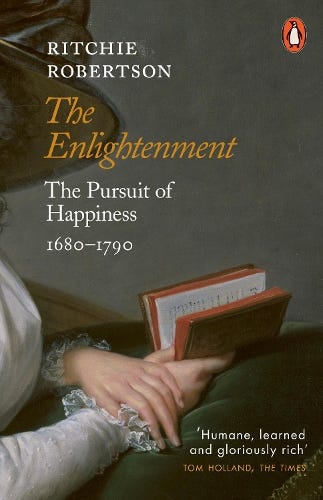
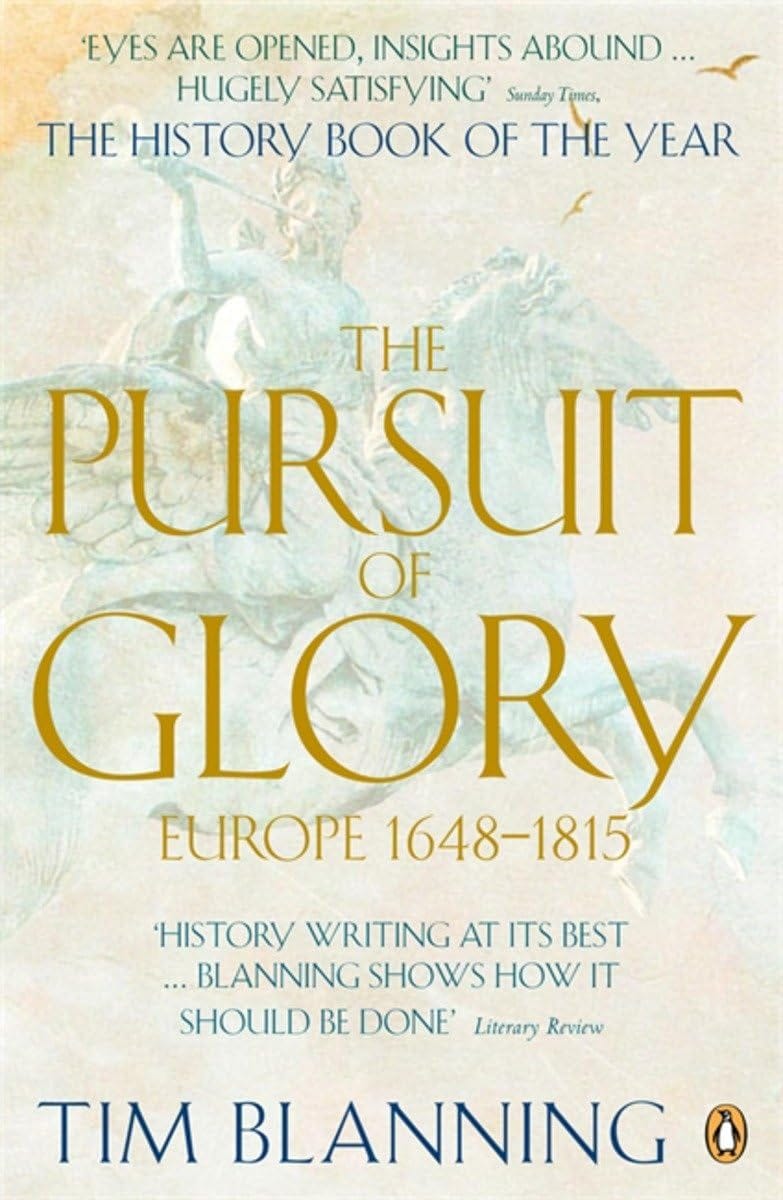
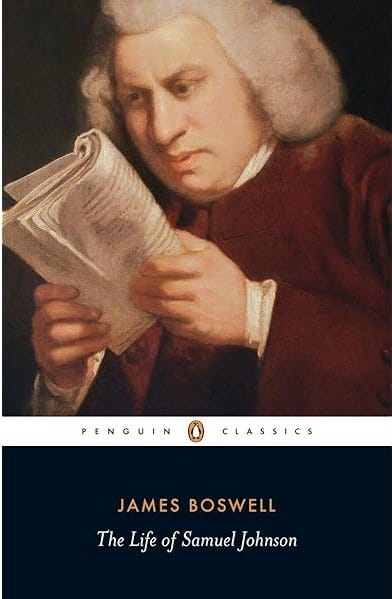
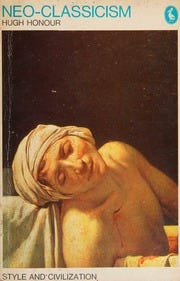
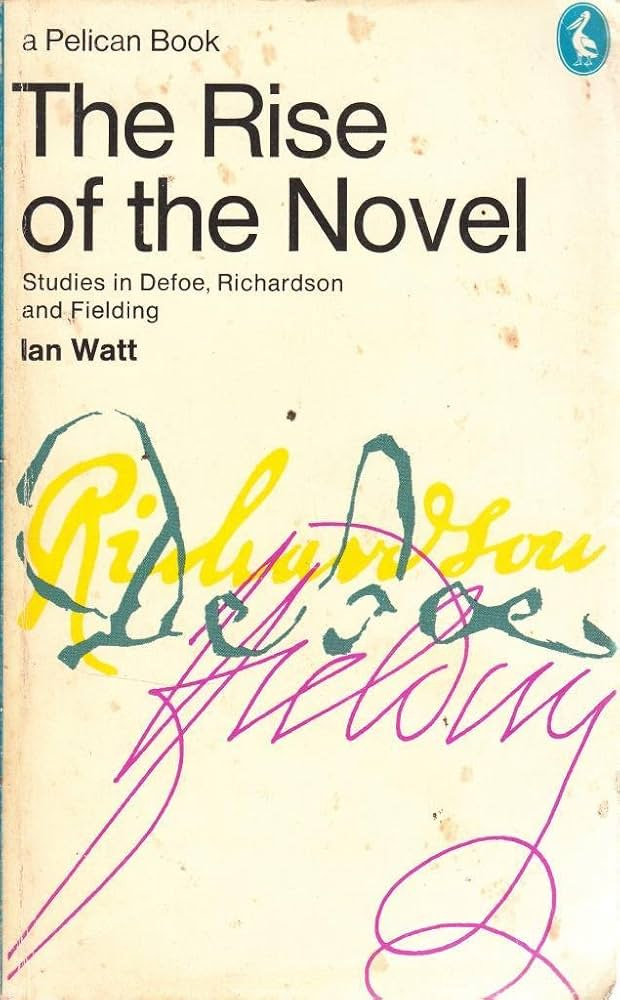


Blanning's The Culture of Power and the Power of Culture is also brilliant for those with an interest in opera, haute culture, and censorship.. a comparative analysis of the Prussian, British and French states' responses to the proliferation of 'popular' i.e. non-royal cultural tastes in the C17th.
I read far fewer books than you and rarely complete a book I start. I devoured Jenny Uglow’s recent book about England during fhe Napoleonic wars however. A work of history that educates us by immersing us in the everyday sights, necessities, confrontations and opportunities of the age.